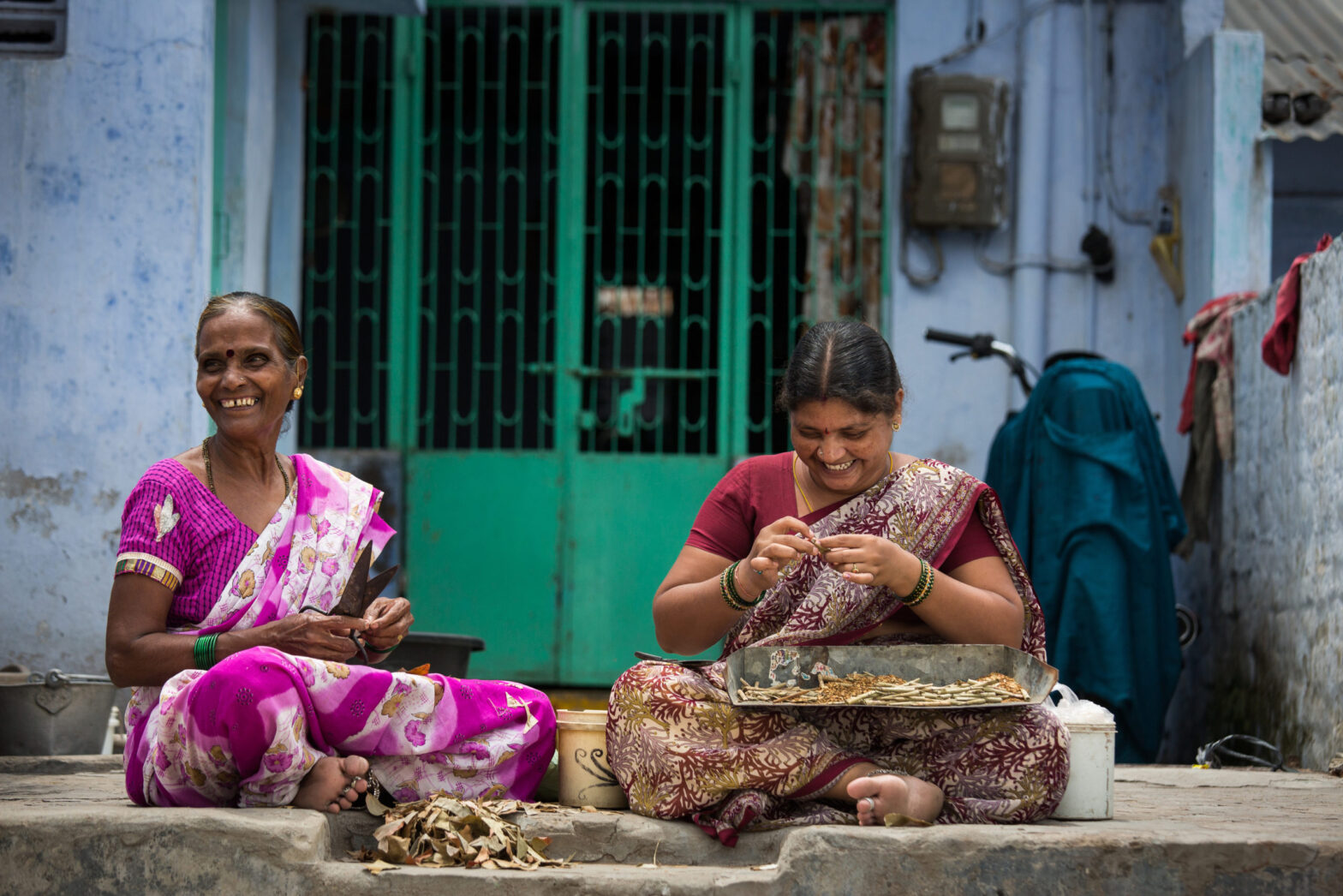In India and around the world, community health workers are being rerouted to deal with the pandemic—with dangerous results.
…The Guttmacher Institute, a research group that supports abortion rights, estimates that even a 10 percent decline in use of reversible contraceptive methods in low- and middle-income countries due to reduced access would result in an additional 49 million women with an unmet need for contraceptives and an additional 15 million unintended pregnancies over the course of a year. With a population of over 1.2 billion, India is likely to soon become the most populous country in the world, and this growth poses a significant challenge to health care access, especially that of women. Over 200 million women around the globe contend with an unmet need for family planning; more than one in five of these women reside in India.
“All the work that has gone into the development and well-being of women and children, I think the pandemic has pushed us back by 50 years.”
“All the work that has gone into the development and well-being of women and children, I think the pandemic has pushed us back by 50 years,” said Shamala Dupte, the director of medical at Family Planning Association of India. It was only when India extended the lockdown after the initial 21-day period that family planning and abortion services were added to the list of essential services. Even after that, access has been uneven. The Family Planning Association and other organizations that have managed to keep open their clinics say only the smallest fraction of patients are now able to come in.
In spite of being the first country in the world to start a large-scale family planning program, in 1952, India has long struggled to increase contraceptive use nationwide, stymied by stigma and inadequate women’s rights. The most widely accepted form of contraception remains tubal ligation or female sterilization (used by 36 percent of married Indian couples), despite evidence it is among the most invasive and dangerous family planning methods. Recent years have seen a huge demand among women for more modern contraceptive methods, but the pandemic threatens to unmake much of that progress.
“In a community where women know about contraception and how to prevent pregnancy, all of a sudden they find two major things: one is that money is drying up because jobs are lost, and second, they cannot move anywhere. Suddenly they’re living in a police state,” said Sharad Iyengar, the executive director of Action Research and Training for Health, a nonprofit public health organization working with rural women from tribal communities in the northwestern Indian state of Rajasthan.
India is hardly unique. Around the globe, countries that long relied on community health workers for critical family planning services have seen services disappear overnight. In Zimbabwe, the restriction of movement and suspension of community mobilization has meant that one of the country’s largest family planning providers, Marie Stopes, has seen almost a 70 percent reduction in the number of women that it is able to reach and support. Reproductive Health Uganda, which said it reaches almost 70 percent of its clients through community outreach programs, has had to similarly suspend much of its work amid the outbreak. “Right now, everything, from political will to resources, has been diverted towards COVID-19 at the expense of women. In the context of the African continent, this means the government is likely to face another catastrophe in the form of increased maternal mortality,” said Abebe Shibru, the Marie Stopes Zimbabwe country director. Both countries are ramping up alternative tactics—for example, offering telephone counseling services, issuing public service announcements, or planning to offer alternatives to the most commonplace forms of contraception, such as injectables that women could take home and administer themselves. But their work is cut out for them. Research from the Ebola crisis shows the sharp impact on maternal services that a pandemic can have…
In Nepal, Tika Kumari Ghimire, an outreach worker with Marie Stopes, continues to receive calls, as she is the only family planning service provider for many women, and government facilities report an unavailability of supplies and confusion over lockdown rules. Last week, she trekked to a health post about an hour and a half away—having to first convince the staff there that providing family planning services during the lockdown wasn’t prohibited—to provide a contraceptive implant to a client…
